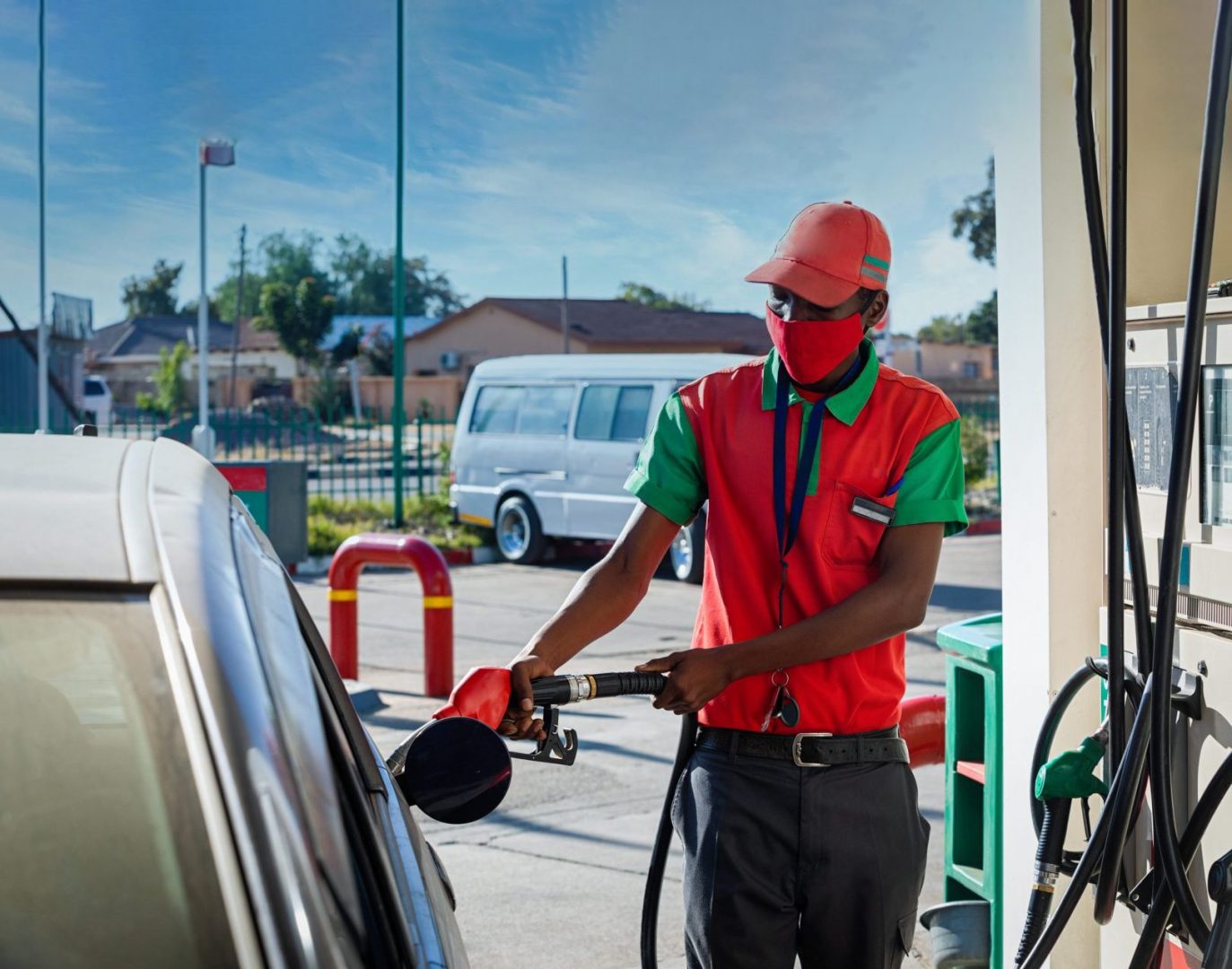The global fuel crisis in both rising prices, as well as disrupted supply, has been felt in every part of the globe.
As a result of the recent geopolitical tensions and global hostility in petroleum-producing countries like Ukraine, Russia and the Middle East, the price of crude oil in the international market has been impulsive and characterized by a rapid rise in prices. This has contributed to rising inflation and concerns about economic recovery.
With the centrality of energy in the economy being identification as a key driver of the development agenda with a ripple effect in all sectors of the economy, KCB Bank has been facilitating oil importation into the country by financing the oil firms under its portfolio that have these supply bids. This system also creates a transparent means of availing the product to Kenyans through economies of scale.
To help ease the fuel crunch and facilitate local and cross-border trading, KCB Bank Kenya injected over KShs120 billion to support Oil Marketing Companies importing fuel, as the Bank sought to consolidate its support to the energy sector.
Oil accounts for approximately 3 percent of the Gross Domestic Product (GDP), and it is said to be one of the most important commodities in the world. As the economy grows, so does the demand for oil as a source of energy and depending on where you are, the true cost for consumers is the tax they pay at the pump.
The importation of petroleum products into Kenya is centrally coordinated and regulated by the Ministry of Energy and Petroleum through the Open Tender System (OTS) which has been in place since 2005. It covers the country’s petroleum product requirements for a projected period and monthly tenders are floated to all Oil Marketing Companies (OMCs) inviting them to bid for petroleum cargoes.
With the OTS system, monthly tenders are run, and petroleum products are sourced from the open market. This allows the OMCs access to products at an equal initial price, which translates to healthy price competition in the petroleum market.
OMCs are companies that act as the final sale point of refined crude oil. They go through the steps of petroleum pricing and are involved in the wholesale and retail of petroleum products.

Data from the Energy and Petroleum Regulatory Authority (EPRA) shows 96 OMCs operating over 3,000 service stations in Kenya. Half of these service stations, however, are owned by independent players. The current market shares for the top 10 OMCs are as follows: Total (16.4%), Vivo (16.2%), KenolKobil (15.4%), OLA (6.9%), Gulf (5.8%), NOCK (4.4%), Galana (2.7%), Petro Oil (2.4%) and Be Energy (1.85%).
EPRA further indicates that 13 out of the possible 96 OMCs participate in the monthly OTS tenders. The winning bidder solely imports the petroleum products and delivers them to the port of Mombasa, where other oil marketers buy from the importer.
In the market for storage of petroleum products, there are three jetties in Mombasa where petroleum products are offloaded. Some OMCs own storage facilities near the jetties while others lease capacity from their counterparts. The total storage capacity in Mombasa is 1,069,846m3.
According to the Petroleum Institute of East Africa (PIEA), the market shares of the major players in the market for storage of petroleum products in Mombasa are: GAPCO Kenya limited (10.84%), Vitol Tank Terminals International (VTTI) Kenya Limited (10.24%), Vivo Energy Kenya Limited (5.81%), Libya Oil Kenya Limited (4.45%), Mbaraki Bulk Terminal Limited (4.36%), Hashi Energy (1.46%), Tecafl x Limited (1.42%) and Gulf Energy Limited (1.07%).
The market for the supply of lubricants on the other hand is segmented by end-user industries such as power generation, automotive and other transportation, heavy equipment, food & beverage, metallurgy & metalworking, chemical manufacturing, and others.
A report by the Competition Authority of Kenya (CA) established that there are three types of petrol stations; Company-owned – Company Operated (CO-CO), Dealer Owned – Dealer Operated (DO-DO) and, Company Owned – Dealer Operated (CO-DO).
Most of the target retail stations are either DO-DO or CO-DO. The dealer in these two scenarios identify a prime location and enters into a contractual agreement with the OMC which includes setting up the retail station. The OMC thereafter supplies the product and prohibits the dealer from stocking competitor products.
For large fuel consumers, the top of the list is Kenya Airways (KQ). The national carrier consumes approximately 40,000 tonnes on average annually, representing 66.7% of the total jet fuel consumed in the country. The main component of jet fuel is illuminating kerosene (IK), which is subject to importation through the OTS process.











